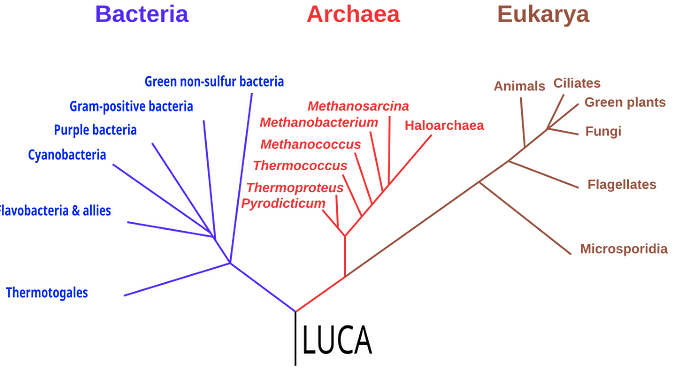To be clear, what I said was, ““How do we know neurons are necessary for thinking?” We don’t know that, but so far the only examples of thinking we have are the thinking that comes from organisms endowed with neurons.”
As you can see I did not rule out the possibility of thinking without neurons. I literally said we don’t know neurons are necessary for thinking. So please don’t misportray my position.
Also I never said rocks learn or communicate. I said they respond to stimuli, which was one of your own criterion for supposing that plants might be thinking. Again, let’s make sure we are being precise here. This is a complex issue and it’s going to be a lot more difficult to figure out if we aren’t even representing each other’s positions accurately.
So with those clarifications out of the way, I must also point out you did not offer your definiton or explanation of what thinking is. We can’t move forward without that. Please offer this and any critique of my own explanation if you see any weaknesses in it.
I appreciate the links to stuff about how plants release chemicals in certain situations, which other plants respond to, etc. etc. and all of that seems perfectly mechanistically explanable in terms of natural selection. I see no “choice” involved here, nothing indicating there must exist some sort of interiority of which I spoke in my explanation of what I consider thinking is. The interiority, subjectivity, the reasoning process at the level of IDEAS not merely chemical molecular responses and chain-reactions. Perhaps what we humans call thinking, for us, our own sort of thinking, is a much more sublimated higher-order version of the lesser sort of thinking plants are doing-- that all ‘thinking’ could be understood as these sort of ‘if-then’ basic logical chain-reaction processes between stimuli and responses. I can get down with that idea. It would mean plants are doing a sort of thinking via their biomechanical reactions, even though they seemingly lack any kind of interiority-subjectivity-volitive “I” that humans have (and I say that because plants display no signs of having an individuality, basically every plant of a given species is pretty much the same as any other, they don’t individualize or individuate themselves nor act idiosyncratically compared to others of their species, at least as far as I’ve ever seen). So plants are doing that sort of ‘thinking’ since we are for argument sake here defining thinking as nothing more than the stimulus-response chain-reaction basic logical operation sort of thing. Humans, then, would be doing this same sort of process but taken to a much higher level. We can sense and respond to a much larger range of phenomena including much more abstracted and subtler ones, compared to what plants are responding to. Or we simply possess much more sophisticated and precise organs for sensation and we also happen to have the advantages of a huge brain able to record a lot in memory and give us things like symbolic language and culture, which plants surely do not have.
In any case, feel free to offer your definition or explanation of what is thinking. Then we can move forward from there.
